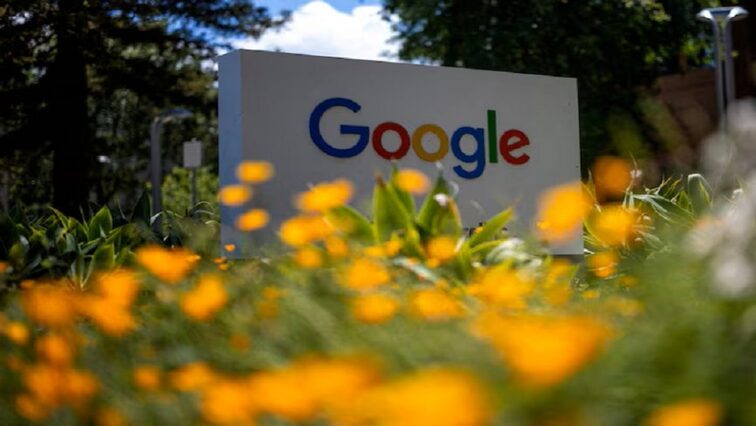Physical Address
60 Ekwema Cres, Layout 460281, Imo
Physical Address
60 Ekwema Cres, Layout 460281, Imo

Google will pay $40 Million in funding to local South African media, stepping in with a big gesture after an anti-competition investigation in the country. This $40 million package, which is about R688 million, is aimed at helping South Africa’s news media, which has been struggling to stay afloat.
The story behind it is that South Africa’s Competition Commission looked into Google’s role in the digital advertising market and found that the company had too much control. The Commission said Google was “extracting disproportionate value” from news publishers, meaning local media outlets were getting less money for their content while Google took most of the ad earnings. Google’s ad systems decided how ads were sold and placed, leaving many South African publishers heavily dependent on Google but earning far less from their work.
Read Next: The FCCPC Gives Digital Lenders Until January 5 to Fully Comply with Updated Regulations
Because of this, Google will pay local South African media after that probe, using the funds to support the news industry in several ways. The money will fund newsroom growth, AI innovation, and digital projects that help news outlets modernize. Part of the plan is also to create new tools to help people in South Africa find local news more easily online. Google will also provide training programs to help small and community newsrooms build skills in AI and data management.

South Africa’s media has been under serious pressure for years. With shrinking ad revenue, audiences moving to social media platforms, and fewer people willing to pay for news subscriptions, many newsrooms have been close to shutting down. The inquiry showed that while big tech companies like Google were becoming richer from ads, local publishers were left with just scraps.
This deal is a rare win for regulators in Africa and puts South Africa alongside countries like Australia and Canada that have pushed big tech companies to share money with local news outlets. It could inspire other African countries to hold these tech giants accountable for their impact on journalism.
Here’s how the $40 million funding will be spread out:
Read Next: Safaricom Defeats Man Claiming M-Pesa Apps were His Idea, Winning a Ksh1.1 Billion Legal Case
Besides the money, Google plans to start a News Innovation Forum for African publishers and launch tools that let readers prioritize local news in Google search results.
While this step from Google is positive news, many experts see it as a reminder of how much local journalism depends on big global platforms. For South Africa’s media, the big challenge now is whether this funding brings real, lasting change or it just delays problems that are still there.
Was this information useful? Drop a nice comment below. You can also check out other useful contents by following us on X/Twitter @siliconafritech, Instagram @Siliconafricatech, or Facebook @SiliconAfrica.